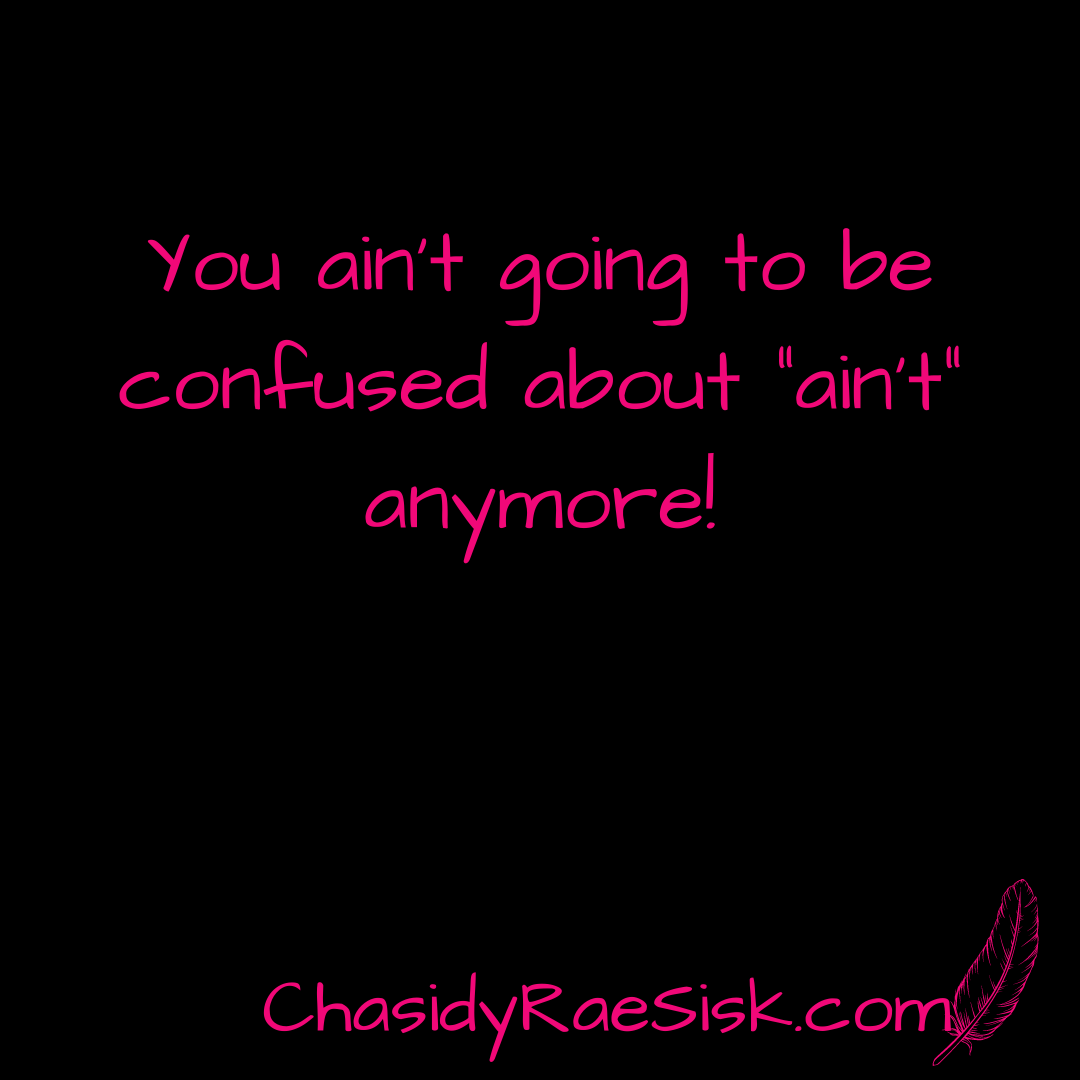-
“Ain’t” Ain’t a Word… Or Is It?
Growing up, my mom always used to say, “Ain’t ain’t a word, and I ain’t gonna use it!” Strictly speaking, she was wrong (sorry, Mom). Ain’t IS a word – it’s an improper contraction. In fact, it’s pretty versatile and can mean am not, is not or are not. I ain’t taking my car to that shop. She ain’t repairing Nissans anymore. They ain’t doing their jobs! Now, ain’t can also mean has not or have not. I ain’t been to any tradeshows. He ain’t got the right tools. They ain’t been here before. Typically, ain’t is part of the American vernacular (or spoken) language, and using the…
-
Did It Affect You, or Are You Merely Dealing with the Effects?
Affect. Effect. They sound nearly identical – and their meanings are pretty dang similar, too! So, does it really matter whether you say affect or effect? Let’s see what we can learn from their most common definitions. Affect (verb): to act on and cause a change in (someone or something). Effect (noun): a change that results when something is done or happens. Well, for starters, these two words typically have completely different roles in a sentence: as a verb, affect describes an action, state, or occurrence, while nouns (like effect) are words used to identify a person, place, or thing. Using the magic of synonyms, here’s a handy trick: If…
-
Then or Than: It’s Time for a Comparison
Tragically, these two simple words are commonly misused, but while they are spelled similarly, they have COMPLETELY different meanings and uses. We’ll start with the definitions. Than (conjunction): used in expressions introducing an exception or contrast; also (preposition): introducing the second element in a comparison. Then (adverb): at that time; at the time in question; afterward. So, then is a word that relates to time, while than is used for comparisons. Tom runs faster than Jim. Tom runs; then, Jim runs. Now, this gets a little confusing when the comparison relates to time, such as: No sooner had Tom run past us than Jim passed us. …
-
Did You Assure, Ensure, or Insure It?!
Um, what?! Although these three words sound pretty similar, they are not interchangeable – while their definitions are similar, each verb has a unique use and purpose. So, let’s look at their definitions first. Assure (verb): to make certain or remove doubts; to confidently tell someone something. Ensure (verb): to secure or guarantee; to make something certain to happen. Insure (verb): to guarantee against loss or harm; to issue an insurance policy. … 😵 Clear as mud? Told you the definitions were pretty darn similar! There’s a lot of certainty and guaranteeing associated with these three commonly confused words that tend to leave us very uncertain. … One word has…



